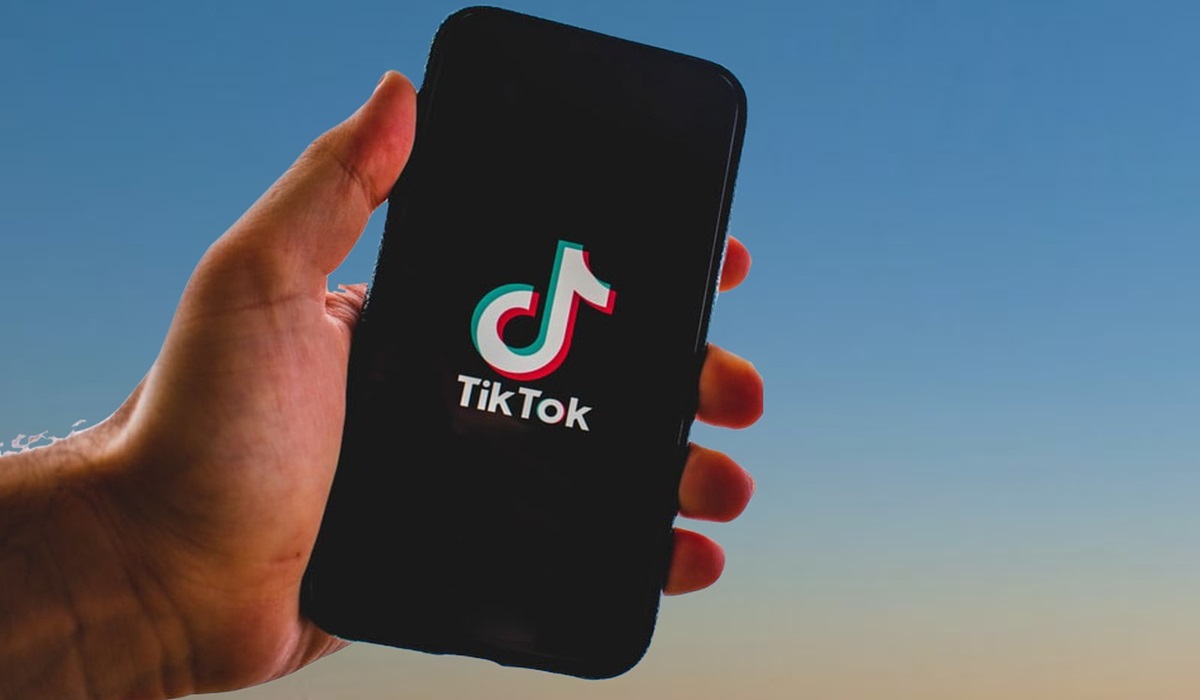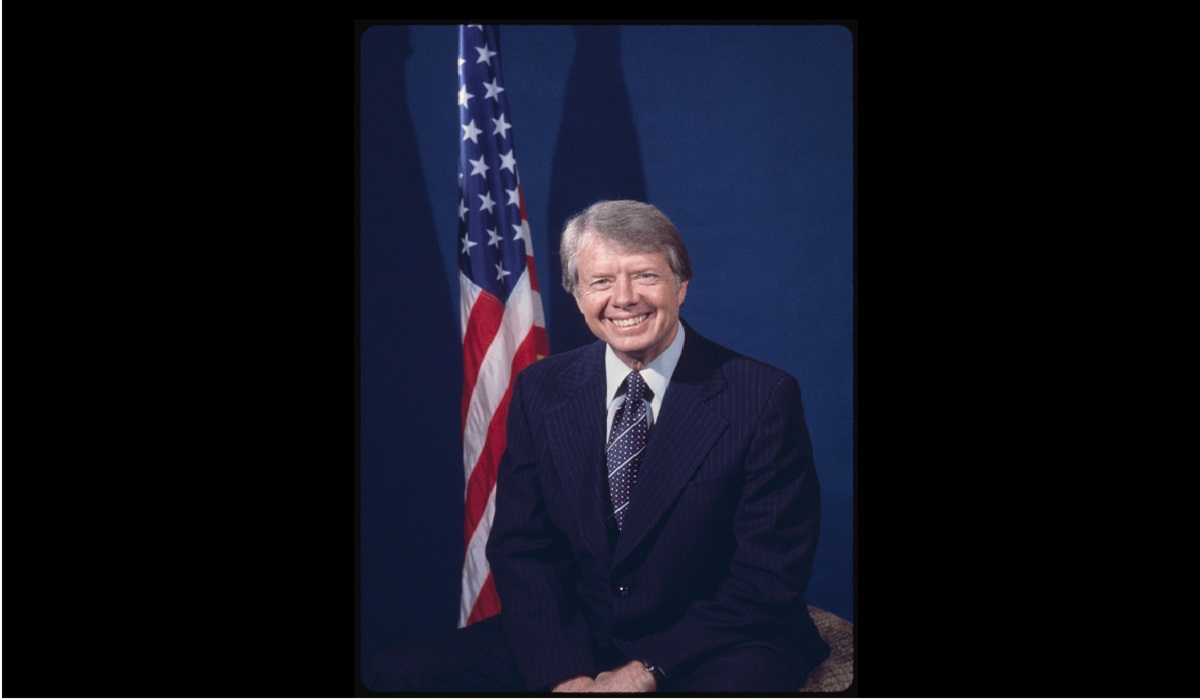Image credit, Nitish Gupta
In the corridors of power in Washington, D.C., a contentious battle over national security and economic interests has reached a fever pitch, with the recent passage of legislation in the U.S. Congress aiming to ban the popular social media app, TikTok. The bipartisan support for the legislation underscores a troubling trend where political maneuvering takes precedence over evidence-based policymaking and the well-being of American citizens.
The legislation, titled the Protecting Americans from Foreign Adversary Controlled Applications Act, passed with a significant majority in the House of Representatives, reflecting a broad consensus among lawmakers. Ostensibly, the bill is framed as a measure to safeguard national security by addressing concerns about data privacy and potential foreign influence. However, a closer examination reveals a more complex narrative, one that raises serious questions about the motivations behind the ban.
At the heart of the controversy is the portrayal of TikTok as a national security risk due to its ownership by ByteDance, a Beijing-based company. Lawmakers have raised alarm bells about the possibility of the Chinese government accessing sensitive user data through TikTok, despite assurances from the company’s CEO, Shou Zi Chew, regarding data security measures. Yet, the evidence linking TikTok to espionage or data breaches remains scant, prompting accusations of fear-mongering and scapegoating.
What complicates matters further is the selective application of scrutiny, with American tech giants such as Meta (formerly Facebook) facing their own share of data privacy scandals. The glaring double standard in treating TikTok differently from domestic platforms underscores the hypocrisy underlying the ban. Moreover, the racial undertones evident in the treatment of TikTok’s CEO during congressional hearings raise concerns about xenophobia and discrimination in policymaking.
Beyond the political theater, the TikTok ban carries significant economic ramifications for millions of Americans who rely on the platform for entertainment and livelihoods. With over 170 million users in the United States alone, TikTok has become an integral part of the social fabric, providing a source of income for content creators and influencers. The abrupt removal of TikTok from the market would not only disrupt these individuals’ livelihoods but also stifle innovation and competition in the tech sector.
Adding to the complexity is the requirement for TikTok to be sold to an American company within a year to avoid the ban—an ultimatum that the company’s CEO has unequivocally rejected. The notion that a foreign-owned company must sell its assets to an American entity or face expulsion from the market raises questions about fairness and sovereignty. Indeed, the irony of the U.S. government dictating the terms of a corporate sale while decrying foreign interference is not lost on observers.
Critics argue that the TikTok ban represents a troubling manifestation of American hegemony, where national security concerns are weaponized to advance economic interests and geopolitical agendas. By demonizing a popular app based on unsubstantiated claims and resorting to protectionist measures, lawmakers risk undermining the principles of free markets and fair competition. Moreover, the collateral damage inflicted on ordinary Americans who rely on TikTok for entertainment and income underscores the human cost of political brinkmanship.
As the TikTok ban moves to the President’s desk for signing, there is a pressing need for a more nuanced and evidence-based approach to policymaking. Blindly succumbing to fear and paranoia not only undermines the credibility of American leadership but also jeopardizes the fundamental freedoms and values that the United States purports to uphold. The stakes are high, and the world is watching—how American lawmakers navigate this contentious issue will have far-reaching implications for the future of technology, democracy, and global governance.









